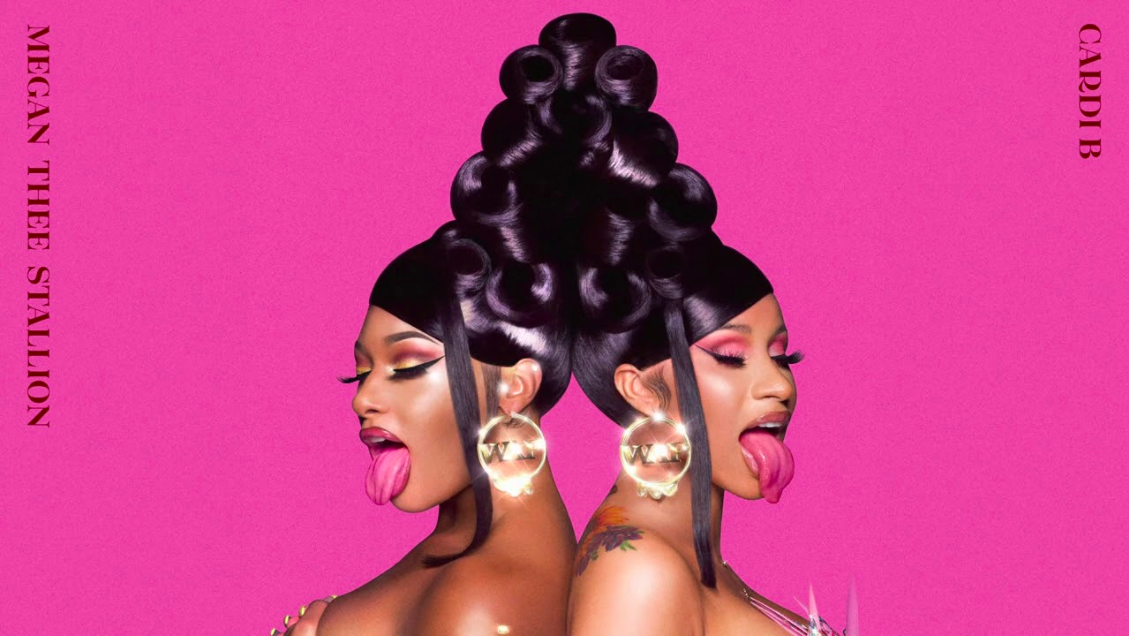Being a musician has always been a significant part of my identity. It’s how I describe myself to others and to myself, as well as how I plan to live the rest of my life. More recently, however, I’ve discovered and explored other parts of my identity, largely my sexual identity. In the last few years, I’ve become really comfortable sharing my sexual identity and truly being who I am. I have made a point of not keeping it a secret and living my life as un-apologetically as possible. As I embark on the next step of my musical training, I have started to question the professional viability of this “out-of-the-closet policy,” especially given the career path I intend to pursue as a musician – an orchestral conductor.
Norman Lebrecht wrote in his book The Maestro Myth that “in enlightened societies where discrimination has been outlawed, concert platforms remain above the law, bastions of masculine, Caucasian supremacy.” Historically, conductors have always been older, straight, and white men. This is slowly changing, but classical music has lagged behind the progression of equality in the rest of society. More and more women have been breaking into the conducting field, and that is amazing. I haven’t even considered conducting unavailable to me because of my gender. Homosexuality and conducting, on the other hand, is almost never discussed. Homophobia and discrimination based on sexual orientation have been issues in the conducting world for a long time, and continue to be issues today. Open homosexuality has brought an end to the career of many, while being closeted has allowed success for others.
An example of this is the conductor Dimitri Mitropoulos (1896-1960). He was wildly successful at the beginning of his career, and immensely talented. He premiered with the Berlin Philharmonic in 1930, became director of the Minneapolis Symphony Orchestra. He was there for 12 years, before gaining the coveted spot of music director of the New York Philharmonic.
Mitropoulos did not get the success he most likely deserved in New York. As well as having issues with his musical choices, critics despised him for his homosexuality. Mitropoulos was not entirely discreet about his sexual preferences, and his preference for men was an open secret in the musical world. He was driven from the orchestra, and replaced with a man that was considered more masculine and embodying of the heterosexual image.
Ironically enough, the man who replaced Mitropoulos was the hugely popular and successful Leonard Bernstein, who was gay himself. The difference between Bernstein and Mitropoulos? Bernstein kept his sexuality a secret from nearly everyone, and was incredibly discreet. Another successful composer/conductor who prospered despite his homosexuality was Aaron Copland. Again, he wasn’t at all “out” by today’s standards, and never commented publically on his sexuality.
As a woman, the odds are stacked against, so is it wise to promote my sexuality if I have a desire to have a successful conducting career? Given the blatant discrimination of the past, it would seem unwise to do so. I would hate my talent and skill to be overlooked because someone else can’t get over their prejudice. After all, plenty of others have hidden who they are in order to succeed. On the other hand, my girlfriend and the family we have built together is an enormous and important part of my life. To try to hide that part of who I am, to try to hide something that means so much to me would be impossible and unfair to the person that I love so much. I also don’t think any amount of career or financial success would be worth being untrue to who I really am and who I really love. Also, if I were to succeed as an openly gay conductor, it would be so great to have that kind of representation for the LGBTQ community.
I don’t have definite answers to these questions yet, so for now I will keep living my life and loving openly and un-apologetically. I don’t have to make this decision yet, and I hope by the time I am confronted with it, society and the musical community will have progressed far enough that it will be a choice that I don’t even have to make. I hope when the time comes I am able to make the choice that is best for my loved ones, the community, the music, and for me.




